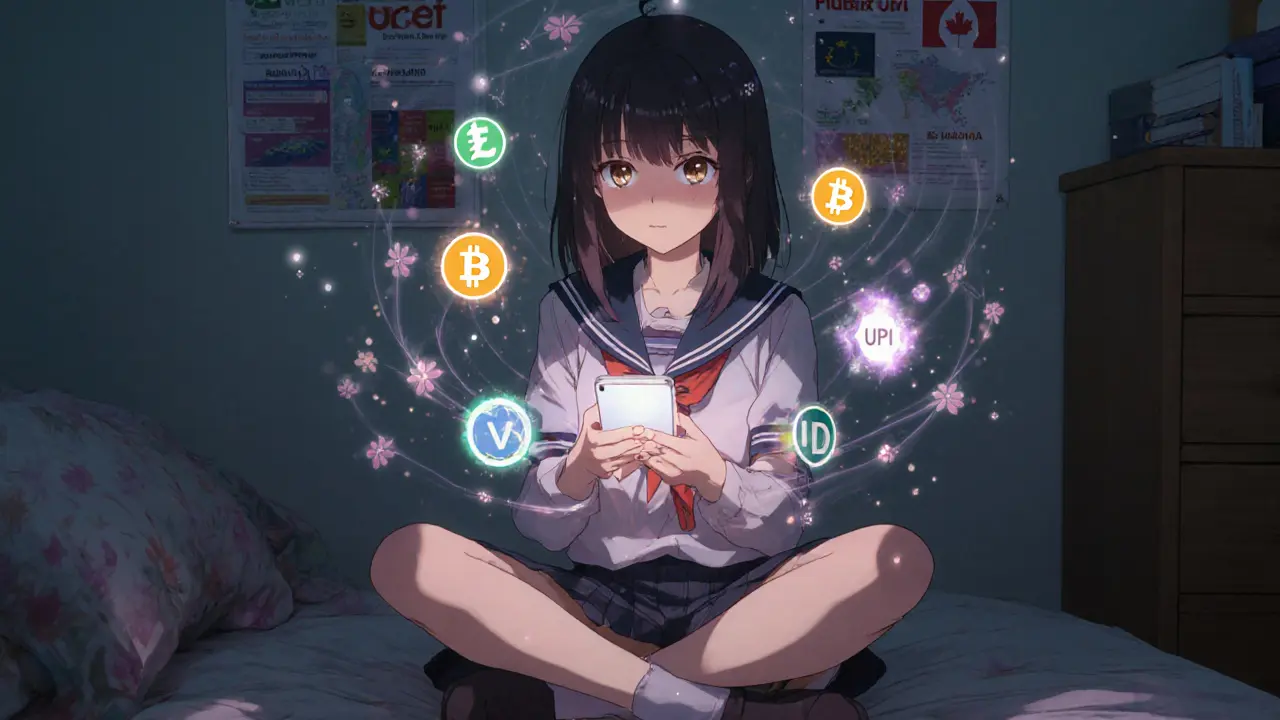Bitcoin India: Trading, Regulations, and What You Need to Know
When you think about Bitcoin, a decentralized digital currency that operates without a central bank or single administrator. Also known as BTC, it's the most widely adopted cryptocurrency globally—and in India, it's become a critical tool for saving, sending money, and bypassing traditional banking limits. Bitcoin isn’t just a speculative asset here. For millions of Indians, it’s a way to protect savings from currency devaluation, send remittances cheaply, or access global markets when local banks won’t let them.
India’s approach to cryptocurrency regulation, the legal and tax framework governing digital assets in a country has been messy but clear: no ban, but heavy oversight. The Reserve Bank of India once tried to block banks from serving crypto businesses—until the Supreme Court stepped in. Today, you can trade Bitcoin legally, but you must pay 30% tax on gains and a 1% TDS on every transaction. That’s stricter than most countries. Exchanges like WazirX, CoinDCX, and ZebPay have adapted, but they’re not the same as U.S. or European platforms. You’ll find fewer altcoins, tighter KYC, and no margin trading.
What about crypto exchanges, online platforms where users buy, sell, or trade digital currencies? In India, they’re the only way in. You can’t mine Bitcoin profitably here—electricity costs are too high. You can’t use DeFi protocols easily—most aren’t compliant. So you’re stuck with centralized exchanges that hold your keys. That’s risky, but it’s the reality. Many users turn to VPNs, tools that mask your location to access restricted services to reach offshore platforms like Binance, but that’s legally gray. The government monitors transactions closely. If you’re trading, keep records. The tax department already has data from exchanges.
There’s no official Bitcoin ETF in India. No institutional adoption yet. No major companies accepting BTC for payments. But retail demand? It’s growing. Young traders, freelancers, and gig workers use it to hedge against inflation. Parents send money home using crypto instead of Western Union. And while meme coins like FOMOSolana or LABUBU SOL get attention, Bitcoin remains the anchor. It’s the only crypto that’s survived every regulatory scare, every exchange collapse, every market crash in India.
What you’ll find below aren’t generic guides. These are real stories from Indian traders: how they bypassed bank blocks, what happened when the tax rules changed, why some wallets work better than others, and how scams targeting Bitcoin users are evolving. You’ll see how North Korean hackers exploit global loopholes that also affect Indian traders. You’ll learn why a wallet like UniSat matters if you’re into Bitcoin Ordinals. And you’ll find out which exchanges actually comply with Indian law—not just claim to.
Crypto Adoption in India: How Users Bypassed Restrictions to Lead the World
Nov, 24 2025
Despite harsh taxes and regulatory uncertainty, India leads the world in crypto adoption, driven by grassroots use, digital infrastructure, and real-world financial needs - not speculation.
Read Article→
